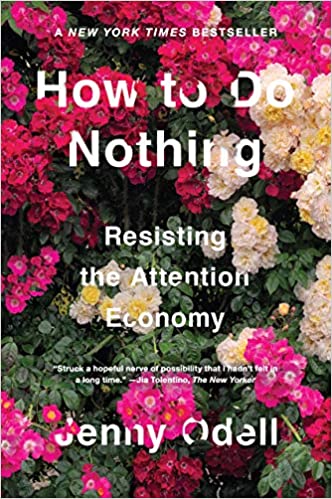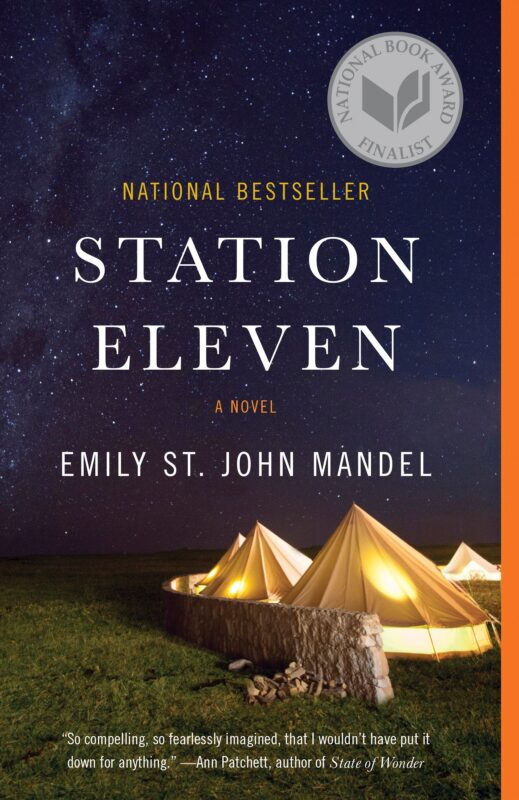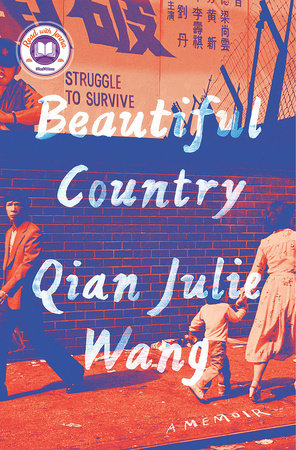
Welcome back to another Loves, Links, Reads, and Reviews – the monthly link roundup where I post my best Social Studies related finds from the internet and discuss all that I’ve been up to in the past month. (It’s still freezing outside, but I picked an image that has the appearance of warmth.)
Loves and Links
The True History Behind the Gilded Age – Although the new series on HBO has received mixed reviews, I’ve really enjoyed the history that’s intertwined with the fictional story. Although this isn’t a series I could show in class, I certainly appreciate the history behind the writing. I also love using screenshots as slide backgrounds, and I’m sure I will snatch a few from this one.
Revising America’s Racist Past – Unless you’ve been living under a rock, I’m sure you’re aware of the current controversies surrounding Social Studies education. This article takes a broad view and examines the context of the controversy that has developed from the perspective of several state case studies.
When Cities were Cesspools of Disease – This video discusses the era when disease permeated cities. It would serve as a great introduction to the Gilded Age.
National Geographic – Online Courses for Educators – Speaking of National Geographic – these courses for educators looks so interesting!
How did the Olympic Games Begin? – This website from the BBC offers a short introduction into the history of the Olympic games. (There are some cute games linked, but it looks like they only work if you’re in the UK.)
Two different links popped up that discuss the wealth disparity in a way that students will find engaging.
Spend Bill Gates’ Money – This website just calls on students to try and spend as much money as possible. They’ll soon discover that it’s practically impossible.
Wealth Shown to Scale – This website is a visual representation of how much money Jeff Bezos really has. Kids can pull up the websites on their phones and just scroll.
Both of these websites would serve an as excellent introduction into the wealth gap.
Peacefield History posts from this past month…
I posted on my Instagram page about the new book releases for middle grade and YA historical fiction and non-fiction. You can preview the offerings below and shop through these links on bookshop.org.
New Peacefield History Resources
I’ve been working on resources discussing the Progressive Era and I’m really enjoying working with these topics. I have three new resources and if I say so myself – they’re really good! You can find each of the three resources linked below.
An Introduction to the Progressive Era – This lesson is meant to serve as an INTRODUCTION (not an overview) to the Progressive Era. Students will learn about how the issues of the Industrial Era led to the Progressive era by re-examining the issues of Industrialization. They will examine the longevity of those issues and then learn about the types of people who joined the Progressive movement and the Progressive presidents. There’s also a fun quiz about Teddy Roosevelt. This lesson was written for students who have never studied the Progressive Era previously, and who need a discussion about what Progressivism was about before delving into the specific leaders or ideals.
Progressive Era Stations – This stations activity addresses 8 of the major issues surrounding the Progressive Era.
As this unit has been created for students at the middle school level, some of the more unwieldy details related to this era have been removed and/or condensed for clarity. The goal with this unit was to introduce the topic of the Progressive Movement to students at a comprehensible level so that they could also effectively and critically think about the time period.
Students will complete stations that discuss the issues the Progressives were attempting to address and the possible solutions, laws, and amendments that came out of this time. (There are two separate station activities). As an assessment, students will complete a Progressive Era report card that determines the relative success relating to three of the major topics.
Progressive Era Word Wall – Help your students build and retain key vocabulary terms with a visually appealing word wall. This resource includes 32 word wall terms related to the Progressive Era, vocabulary review strategies, and a review puzzle to support your students’ learning.
Reads and Reviews
This month I was only able to read three new books (I actually read a fourth that I quite loved, but it was one of those books that didn’t really teach me anything, so I decided not to add it here. It was super fun however, so if you’d like a nice beach read, you can check it out here. It’s called the Islanders.)
With that said, I REALLY enjoyed my pics this month. I’m getting better at picking books that just sink in my brain for the duration of my reading experience. You can check out my reviews below, and you can help support the blog by clicking through the links.
How to do Nothing
Series: Reads and Reviews, Reads and Reviews - January 2022
Genre: Social Commentary
Station 11
Series: Reads and Reviews, Reads and Reviews - January 2022
Genre: Contemporary Novel
Station 11 takes place in a post-pandemic world. In this case, 99.9% of humans have been killed off by a strain of the flu, and those who survive must literally claw together a new reality. Both the show and the book follow a myriad of characters, all who are connected by their relationship to a comic book called Station 11. This review is unusual in that I watched the TV show based on the novel first. Then, I proceeded to read the book afterwards.
I was absolutely mesmerized by the show. The writing was unique and creative, and it envisioned a post-pandemic world that didn't rehash the typical tropes. Instead of a world overwhelmed by constant fear, murder, and survival, there is art, there is Shakespeare, and there is a realistic outline of trauma that rises above just generic sadness.
The book and the show were so different that it actually proves difficult to compare the two. It's as though two authors were given basic plotlines, and then told to submit their version of the story. While some of the details are similar, they really are distant cousins of each other. The book includes most of the same characters, though the characters are given different circumstances and plot lines. The major emotional arc of the show - the relationship between Kristen and Jeevan - isn't present in the book at all. The book does add some richness to the story from the show, however, honestly, I think the show was the superior of the two. Maybe I would have felt differently if I had read the book first. Regardless, I think both hold merit, and I would suggest reading the book and watching the show for the richest experience.
More info →




